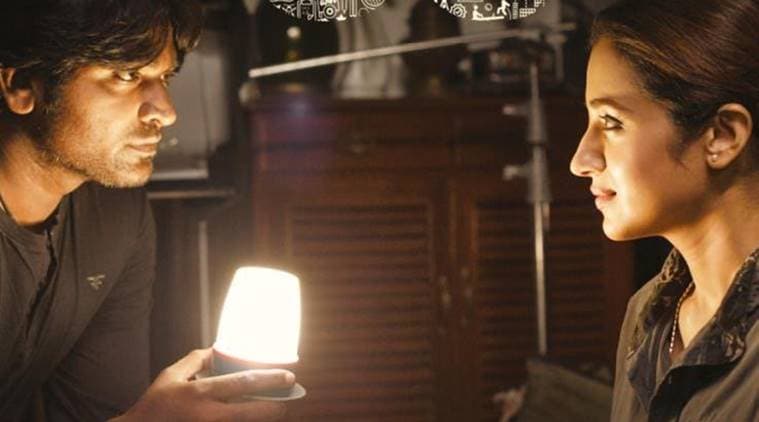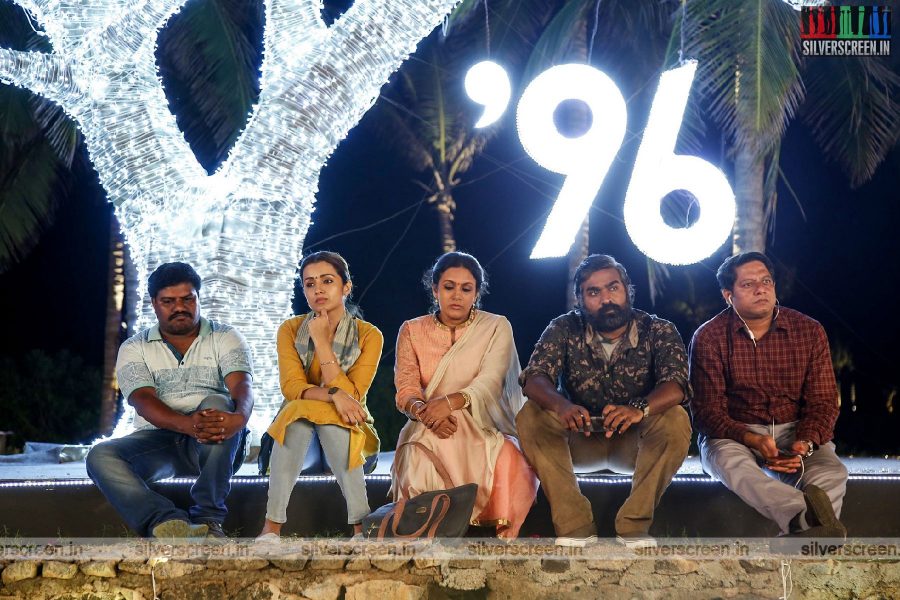The Rozabal Line by Ashwin Sanghi. I wish this heavily researched book was non-fiction. It would have earned more credibility that way.
When I picked it from a friend's home-library, I was quite excited that this would give me an opportunity to move out of my comfort zone and I grabbed it. The first sixty-odd pages lead me into an exciting path on the thriller zone but what happens after that had my head spinning. I was thrown from AD to BC, 5 BC to 2012 so rapidly that I could hear the swish-swash sound effects given in films when they have to show a rapid scene cut.
The line between real events and fiction is so thin that I was left feeling quite confused. And to have to keep turning back to references at the end of the book often left me tired (swish-shwash sounds again). I stopped reading the references after #18 or so. (there are a total of 209). References work well in research material and non-fiction but not so well in fiction, especially when there are so many. It cuts down the pace of reading and the story as well. Also, the references were more from the internet than actual books. Credibility factor again.
Truth be told, conspiracy theories are my guilty pleasure. I wolf up anything that comes on the internet from Elvis's death to Kennedy's assassination to the MH-370 disappearance. But this one somehow didn't have me hooked. Many portions seem extremely contrived. I've read The Da Vinci Code by Dan Brown and found it quite intriguing and interesting. Maybe because it was all unfamiliar territory. I knew nothing of this theory at that time but The Rozabal Line seems to be following the same template, though going far, a bit too far from where TDVC left off. Also, there is the Indian scenario, parts of which seemed implausible and convoluted (short of treading the path of some very sincere sounding Whatsapp forwards). Politically and theologically, I wonder how it didn't cause any ripples.
For it being fiction, there is absolutely no depth to the characters. They are just props for a larger theory. The ending seems very convenient and even preachy.
While reading this book, Interestingly, I happened to stumble upon The Accidental Further Adventures of the Hundred-Year-Old Man by Jonas Jonasson. I grabbed it since I loved the earlier book, The Hundred-Year-Old Man Who Climbed Out of the Window and Disappeared, both parts of this story also have fact intertwined cleverly with fiction. Now, this did not confound me. I found myself laughing at the implausibility of it all.
Now, doesn't Rozabal Line also entwine fact and fiction? Though the path taken is similar, the effect is completely different. Of course, the genres are themselves different. While The Hundred-Year-Old Man is political-humour, The Rozabal Line is theological action-thriller, and a very serious one at that. Maybe it's my own knowledge (of religion) or the lack of it that makes me uncomfortable.
All that is said in The Rozabal Line is the author's own theological interpretation based on very extensive research and I completely respect him for that. I apply this to every book I read. If a writer has an idea and has the courage and means to put it in print, that by itself is an achievement. I only wish writers made better use of this privilege.
Now, doesn't Rozabal Line also entwine fact and fiction? Though the path taken is similar, the effect is completely different. Of course, the genres are themselves different. While The Hundred-Year-Old Man is political-humour, The Rozabal Line is theological action-thriller, and a very serious one at that. Maybe it's my own knowledge (of religion) or the lack of it that makes me uncomfortable.
All that is said in The Rozabal Line is the author's own theological interpretation based on very extensive research and I completely respect him for that. I apply this to every book I read. If a writer has an idea and has the courage and means to put it in print, that by itself is an achievement. I only wish writers made better use of this privilege.











